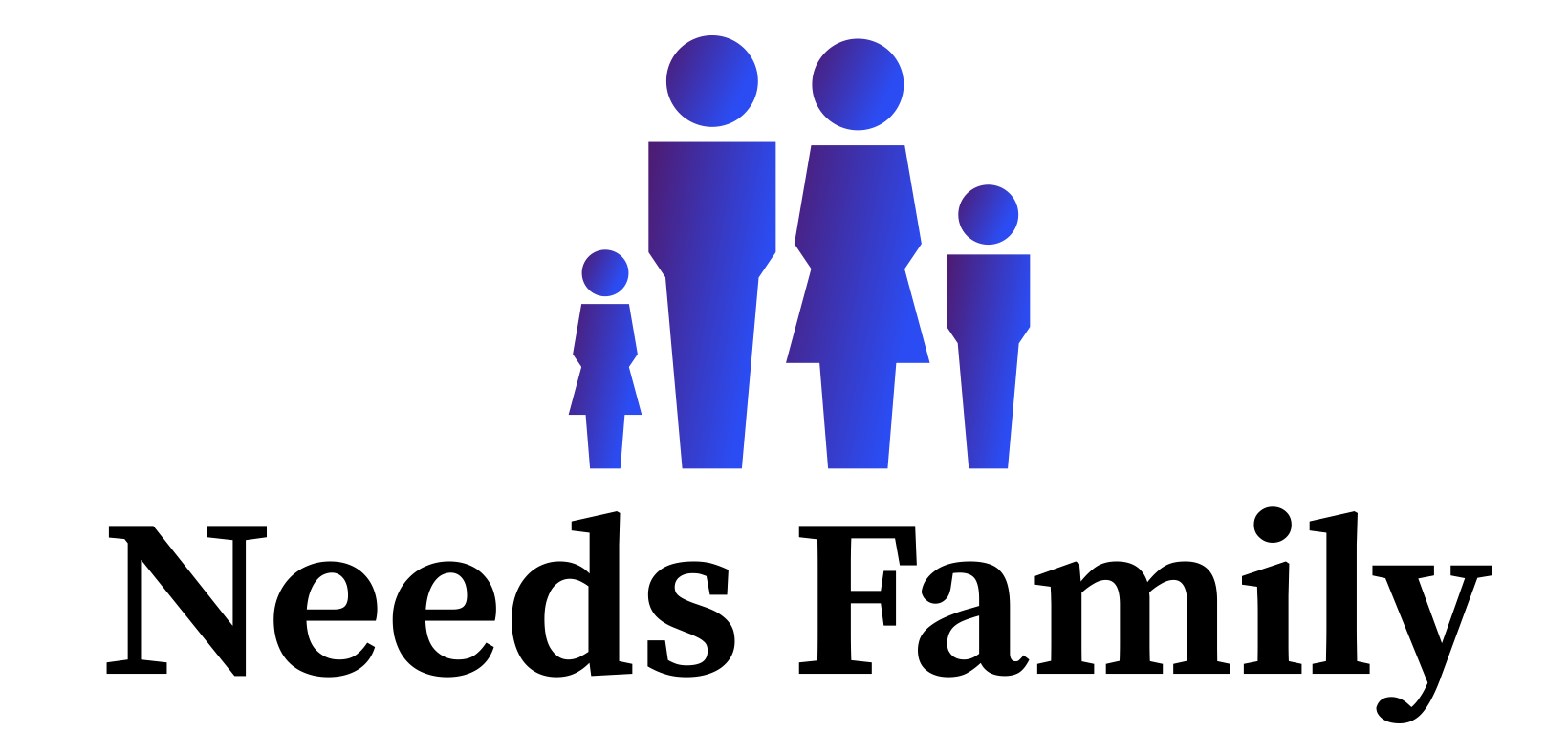When someone in a family struggles with gambling, the repercussions extend far beyond the individual directly involved. In this comprehensive guide, we’ll delve into the most common effects on family members of people with gambling issues. From impaired family relationships to emotional challenges and financial difficulties, we’ll explore the complex web of consequences and provide guidance on finding a path to healing.
The Strain on Family Bonds
Impaired Family Relationships
Gambling issues can take a toll on family relationships:
- Lies and Deception: The need to hide gambling problems can lead to a breakdown of trust within the family.
- Emotional Distance: Family members may emotionally detach to protect themselves from the rollercoaster of emotions.
- Marital Discord: Couples may experience increased conflicts and even separation due to financial strain and broken trust.
- Impact on Children: Children in these families may witness unhealthy dynamics and struggle with the consequences.
Emotional Rollercoaster: Coping with the Fallout
Emotional Problems
Families often bear the emotional burden of a loved one’s gambling issues:
- Anxiety and Stress: Anxiety levels skyrocket as family members grapple with financial instability and the unpredictable behavior of the gambler.
- Depression: The constant emotional turmoil can lead to depression, making it hard for family members to find joy.
- Guilt and Self-Blame: Family members may unfairly blame themselves for the gambler’s actions.
- Isolation: Isolation is common as family members become ashamed or feel they can’t discuss the issue.
The Financial Tightrope: Struggling to Stay Afloat
Financial Difficulties
The financial consequences of gambling addiction can be devastating for families:
- Drained Savings: Savings accounts and assets may be depleted to fuel the gambler’s habit.
- Mounting Debt: Families may accumulate significant debt from loans, credit cards, or borrowing money.
- Reduced Quality of Life: Financial strain can lead to a lower quality of life, affecting housing, healthcare, and education.
- Legal Troubles: Some families may face legal issues related to the gambler’s actions.
Seeking Help and Support
A Path to Healing
It’s crucial for families to find support and resources to address the challenges they face:
- Professional Assistance: Seek help from therapists, counselors, or support groups specialized in gambling addiction.
- Setting Boundaries: Establish clear boundaries with the gambler to protect your well-being.
- Financial Counseling: Consult with financial experts to create a plan for managing and recovering from the financial fallout.
- Communication: Encourage open and honest communication within the family to rebuild trust and understanding.
Recovery and Rebuilding
A New Beginning
Recovery is possible, and it can lead to stronger family relationships, improved emotional well-being, and financial stability:
- Treatment for the Gambler: Encourage the person with the gambling issue to seek professional treatment and support groups.
- Family Therapy: Engage in family therapy to address the emotional and relational wounds.
- Financial Recovery Plan: Work on a financial recovery plan to manage and eliminate debt.
- Support Networks: Join support groups and connect with other families facing similar challenges.
Conclusion
The impact of gambling addiction on family members is profound, affecting relationships, emotional well-being, and financial stability. However, by seeking help, setting boundaries, and fostering open communication, families can work towards recovery and healing. It’s essential to remember that recovery is a journey, and it’s possible to emerge from the storm of gambling addiction with stronger family bonds, emotional well-being, and financial security. Together, families can find a path to rebuilding their lives and moving towards a brighter future.
